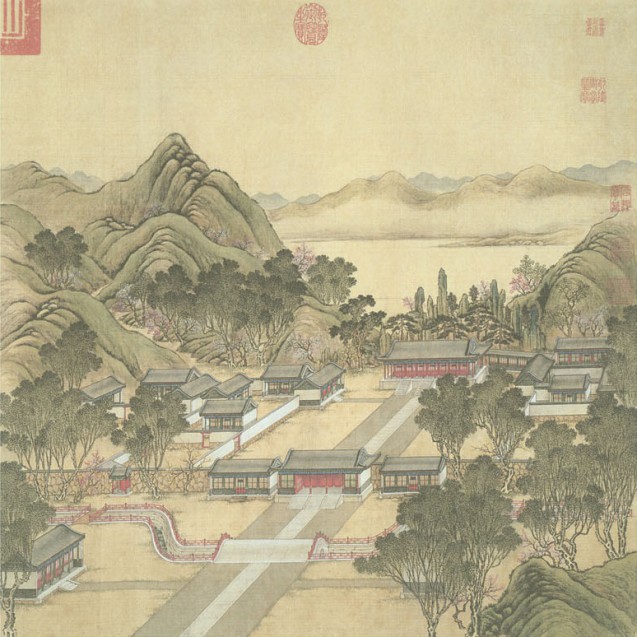-
Introduction
The allied expedition to China, launched in 1859 following the Taku Forts incident in June of that year, saw a large British and French force land set sail for China and defeat the imperial Chinese army at the Battle of Baliqiao on 21 September, 1860. The subsequent treaty, the Convention of Peking, was signed in October 1860 and resulted in China being opened up to foreign commerce (including the highly lucrative opium trade) and a western diplomatic presence within its territories. The Qing Empire was also forced to make huge indemnity payments to both France and Britain. The expedition is also famous for the burning of the Summer Palaces, an act ordered by the allied command in retaliation for the torture and execution of a number of western envoys and private individuals (including a Times journalist). The pillage of the Summer Palaces prior to the burning continues to have a knock-on effect today as a huge number of Chinese artefacts currently reside in foreign institutions, many of which were removed from China in 1860.
(September 2010)
-
Documents
– Letter regarding the burning of the Summer Palaces from Victor Hugo to Captain Butler
– Sir Harry Parkes on the burning of the Summer Palaces
– Account of the burning of the Summer Palaces, The Story of Chinese Gordon, by Alfred Egmont Hake
– Conditions of the Convention of Peking, The Huddersfield Chronicle and West Yorkshire Advertiser
– Letter from China, Freeman’s Journal and Daily Commercial Advertiser
– Account of the Taku Forts incident, 1859, The Life of Sir Harry Parkes, by Stanley Lane-Poole
– Articles from the French treaty with China, Le Moniteur Universel
-
Commentary
– Dr Anouska Komlosy: “Barbaric destruction or symbolic retribution – the razing of the Yuanming Yuan”
-
Timeline
-
Biographies
French
– COUSIN DE MONTAUBAN, Charles Guillaume (1796-1878)
– DU PIN, Charles Louis Désiré (1814-1868)
– GROS, Jean-Baptiste Louis, baron (1793-1870)English
– ELGIN James Bruce, eighth Earl of Elgin (1811-1863)
-
Bibliography
– Selection of books in English and French
A close-up on: the Franco-British expedition to China, 1860
The allied expedition to China, launched in 1859 following the Taku Forts incident in June of that year, saw a large British and French force land set sail for China and defeat the imperial Chinese army at the Battle of Baliqiao on 21 September, 1860. The subsequent treaty, the Convention of Peking, was signed in October 1860 and resulted in China being opened up to foreign commerce (including the highly lucrative opium trade) and a western diplomatic presence within its territories.


